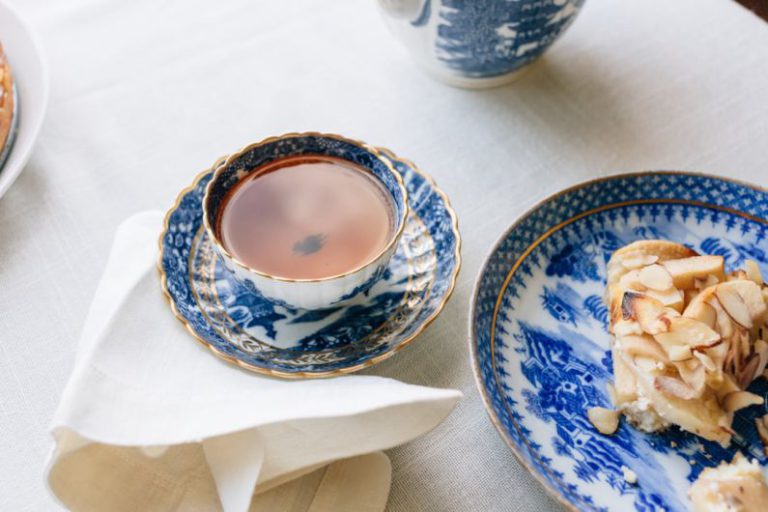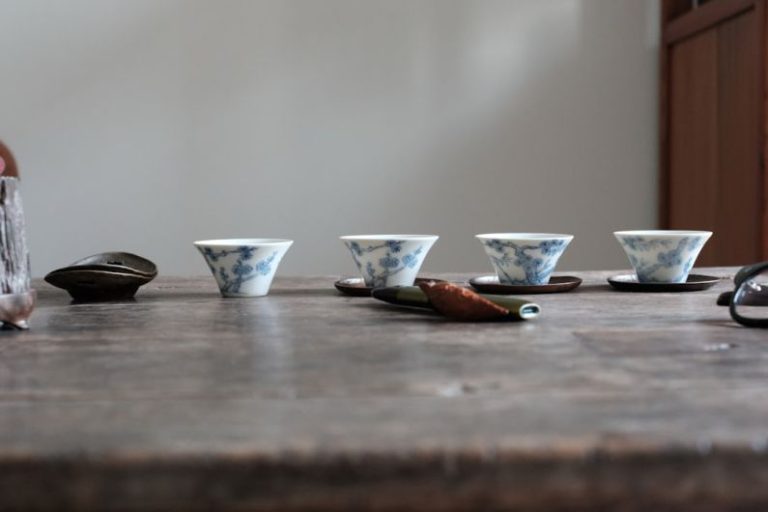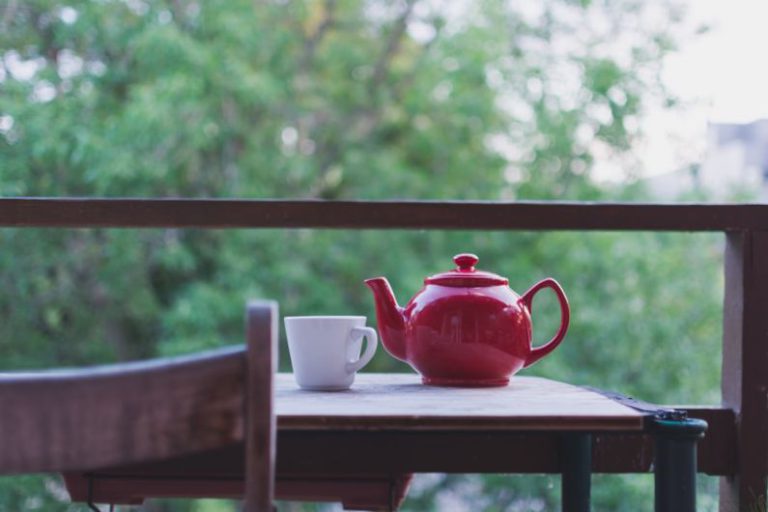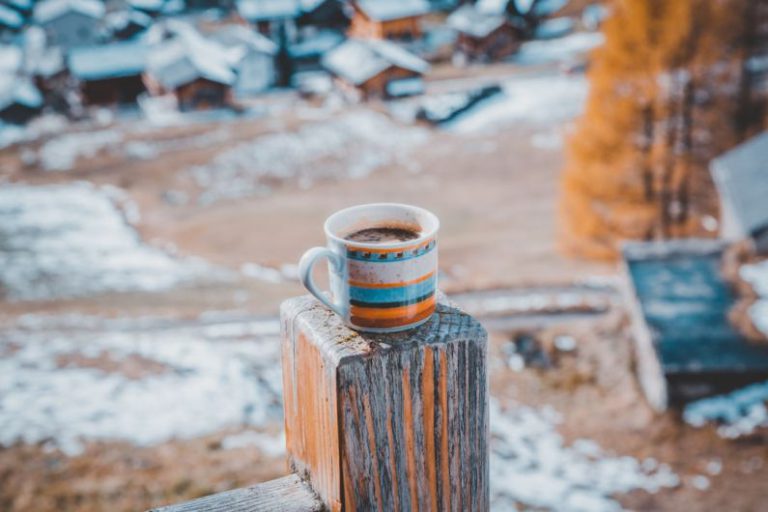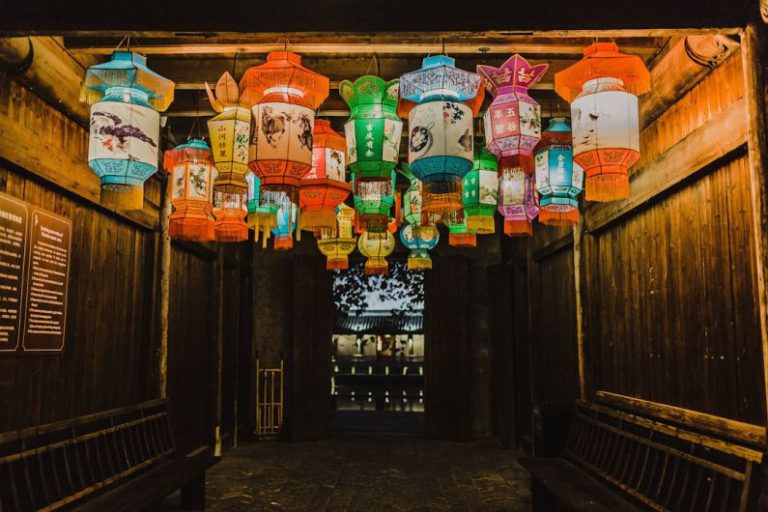Yunomi: the Japanese Tea Cup for Every Day
There is something serene and contemplative about the Japanese tea ceremony, also known as “chanoyu” or “sado.” It is a ritualistic practice that involves the preparation and presentation of matcha, a finely ground green tea. Central to this traditional ceremony is the yunomi, the quintessential Japanese tea cup. Unlike the delicate and ornate teacups used in formal tea ceremonies, yunomi cups are designed for everyday use, making them a beloved staple in Japanese households and a symbol of comfort and simplicity.
The Origin of Yunomi
Yunomi, which translates to “hot water for tea,” has a rich history that dates back to the 16th century in Japan. Originally, these cups were used for drinking hot tea, typically sencha or bancha, in casual settings. Over time, yunomi cups became more widely used outside of formal tea ceremonies and found their way into the daily lives of the Japanese people. Today, yunomi cups are cherished for their practicality, durability, and understated beauty.
Design and Functionality
Yunomi cups come in a variety of shapes, sizes, and designs, each serving a specific purpose. These cups are typically taller than they are wide, with a cylindrical shape that allows the tea to cool more slowly, enhancing the flavor and aroma. The size of a yunomi cup is also important, as it influences how the tea is enjoyed—smaller cups are ideal for savoring the tea slowly, while larger cups are perfect for casual and relaxed tea-drinking experiences.
One of the distinguishing features of yunomi cups is the lack of a handle. Instead, these cups are designed to be held with both hands, promoting a sense of mindfulness and connection with the tea-drinking experience. The absence of a handle also allows the warmth of the tea to be felt directly through the ceramic, creating a tactile and sensory experience that heightens the enjoyment of the tea.
Materials and Craftsmanship
Yunomi cups are traditionally made from ceramic or porcelain, materials that retain heat well and enhance the flavor of the tea. The production of yunomi cups involves a meticulous process that requires skill and precision. Artisans carefully shape the cups by hand or with the help of a potter’s wheel, paying close attention to the thickness of the walls and the curvature of the cup to ensure optimal functionality and aesthetics.
In addition to their practicality, yunomi cups are also valued for their artistic qualities. Many yunomi cups feature intricate designs, patterns, or hand-painted motifs that reflect Japanese aesthetics and traditions. Some cups are adorned with glazes that create unique textures and colors, adding a touch of elegance and individuality to each piece.
The Ritual of Tea Drinking
In Japanese culture, tea drinking is not just about consuming a beverage; it is a ritualistic practice that embodies harmony, respect, purity, and tranquility. The act of preparing and enjoying tea is a mindful activity that encourages presence in the moment and appreciation for the simple pleasures of life. Yunomi cups play a central role in this ritual, serving as vessels that connect the drinker to the tea and to the traditions that have been passed down through generations.
Embracing the Everyday Ritual
In a world that is constantly moving at a rapid pace, taking the time to savor a cup of tea in a yunomi cup can be a grounding and meditative experience. The simplicity and beauty of these cups remind us to slow down, be present, and find joy in the ordinary moments of our daily lives. Whether enjoyed alone or shared with others, the act of drinking tea from a yunomi cup is a celebration of the small rituals that bring comfort and meaning to our lives.
Incorporating the practice of tea drinking with a yunomi cup into your daily routine can be a simple yet transformative way to cultivate mindfulness, gratitude, and connection. By embracing the spirit of the Japanese tea ceremony in your own home, you can create moments of peace and reflection that nourish the body, mind, and soul. So why not elevate your tea-drinking experience with a yunomi cup and discover the beauty and tranquility that can be found in the simple act of sipping tea.

